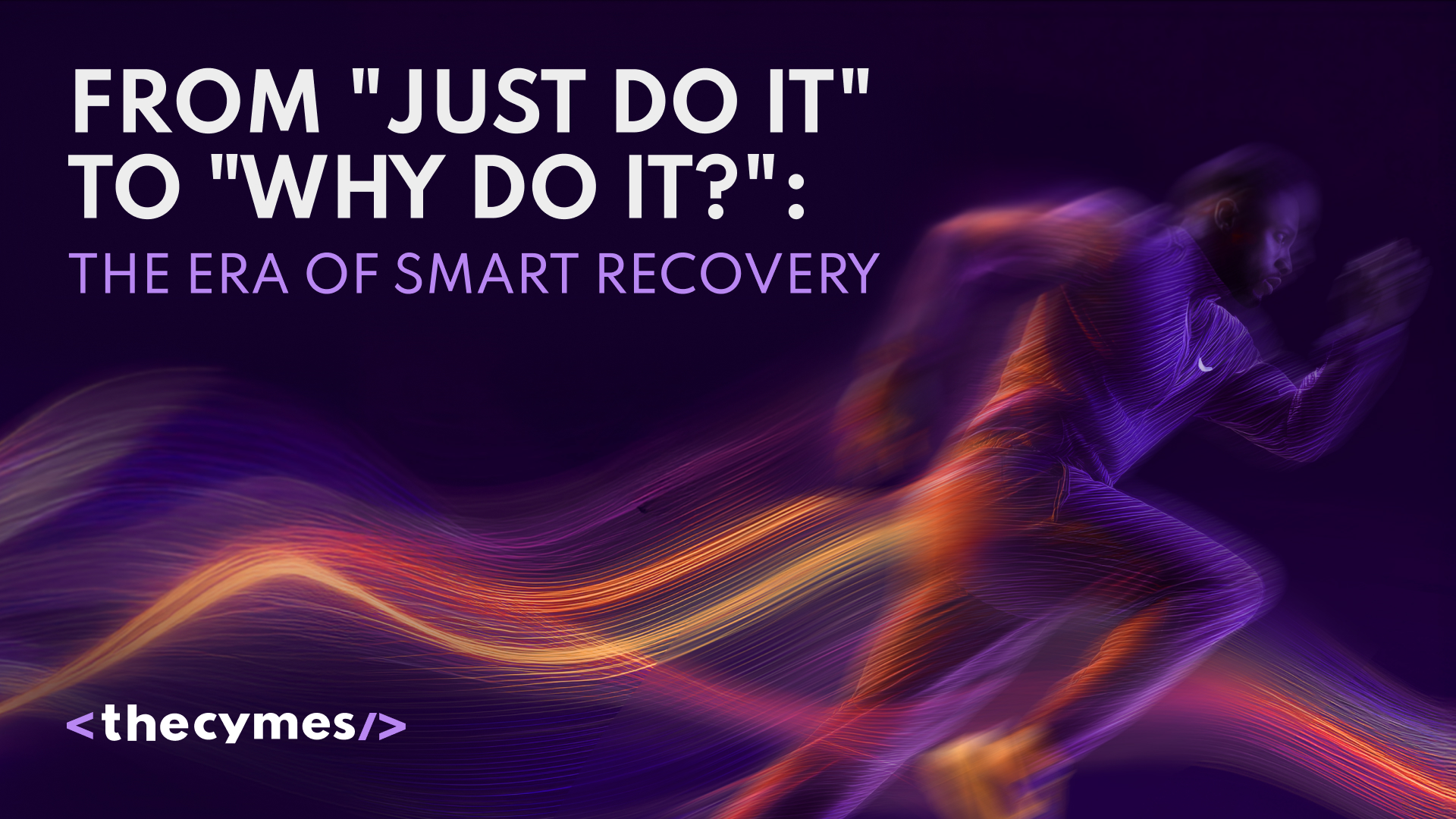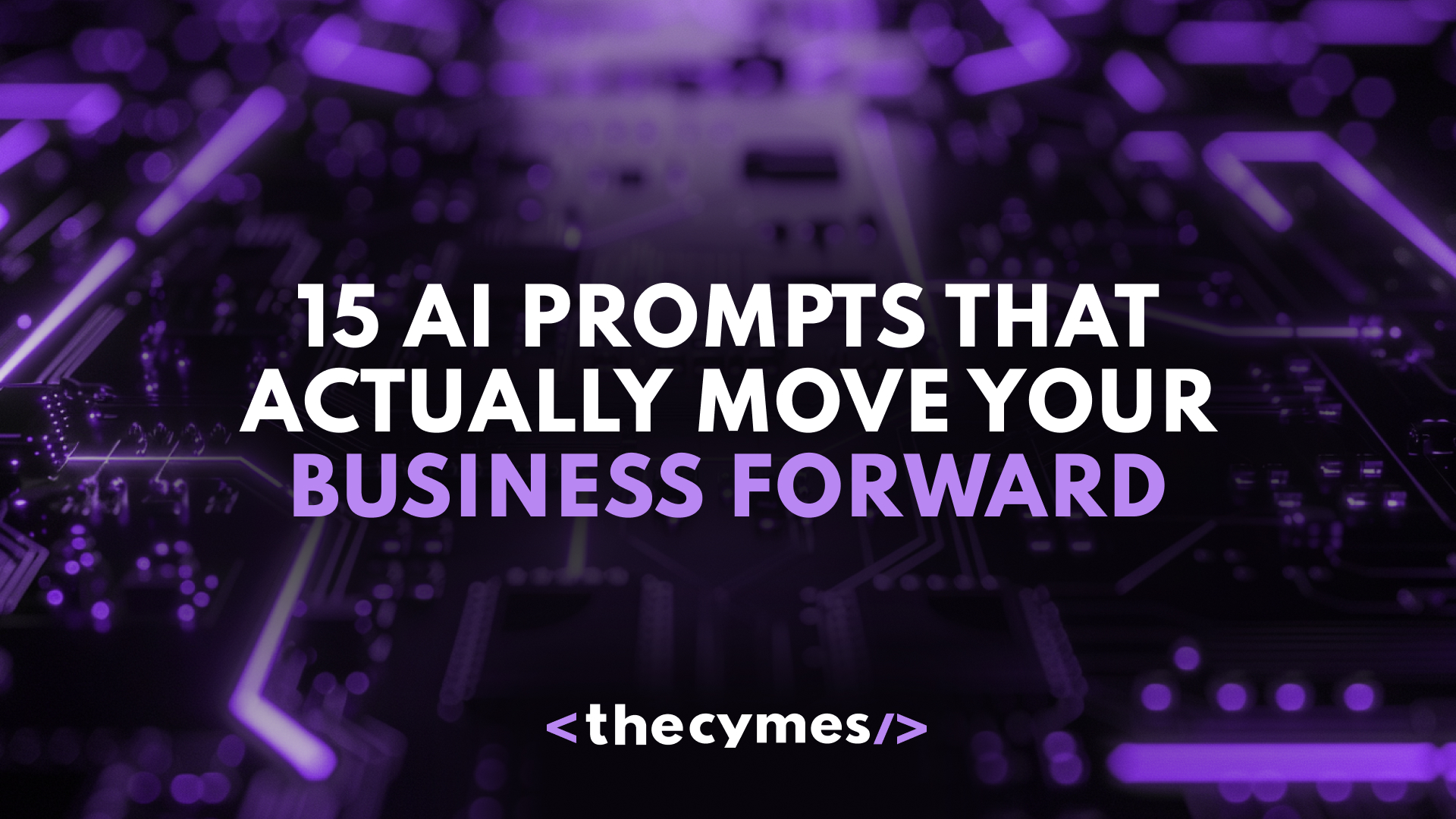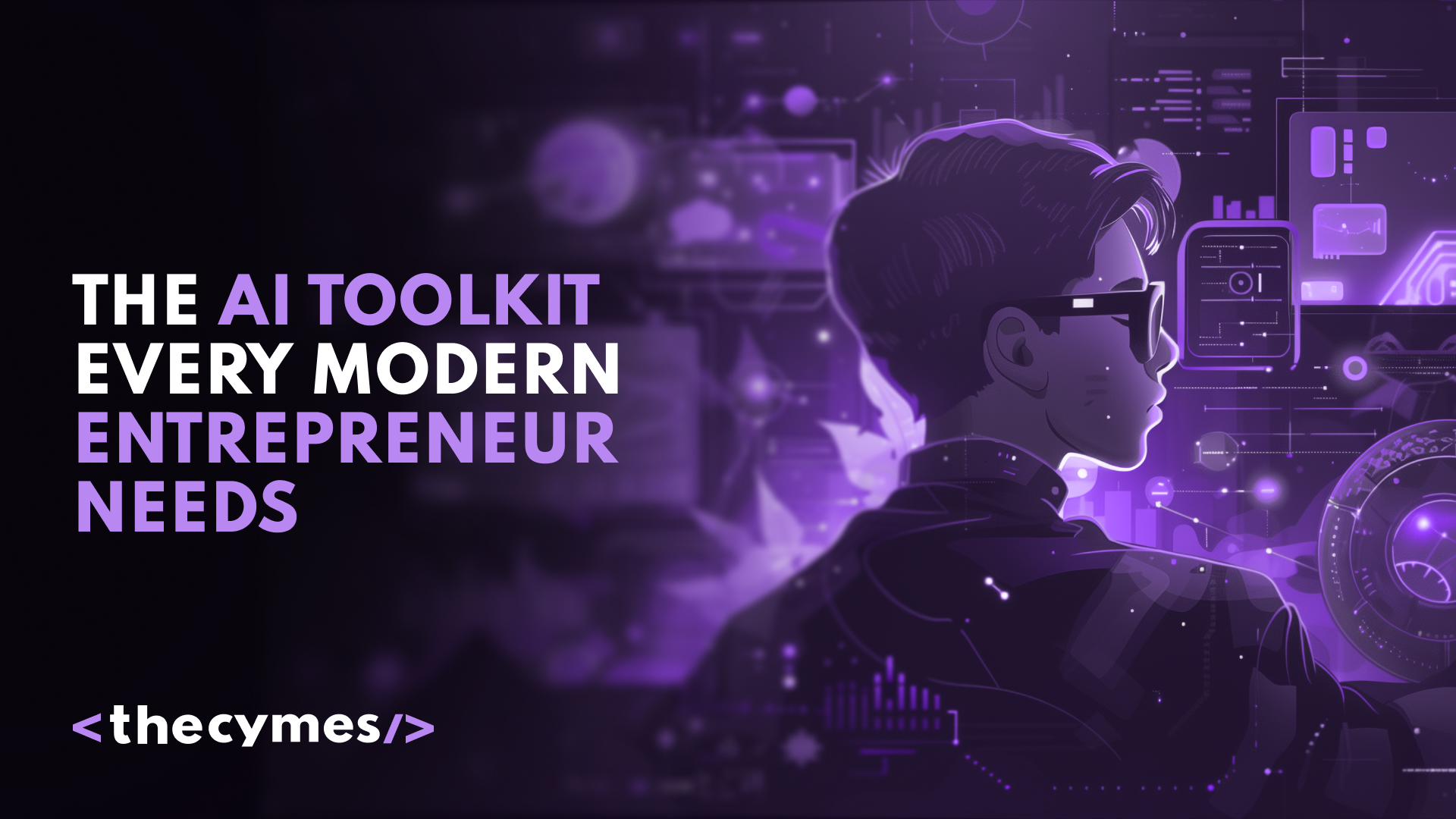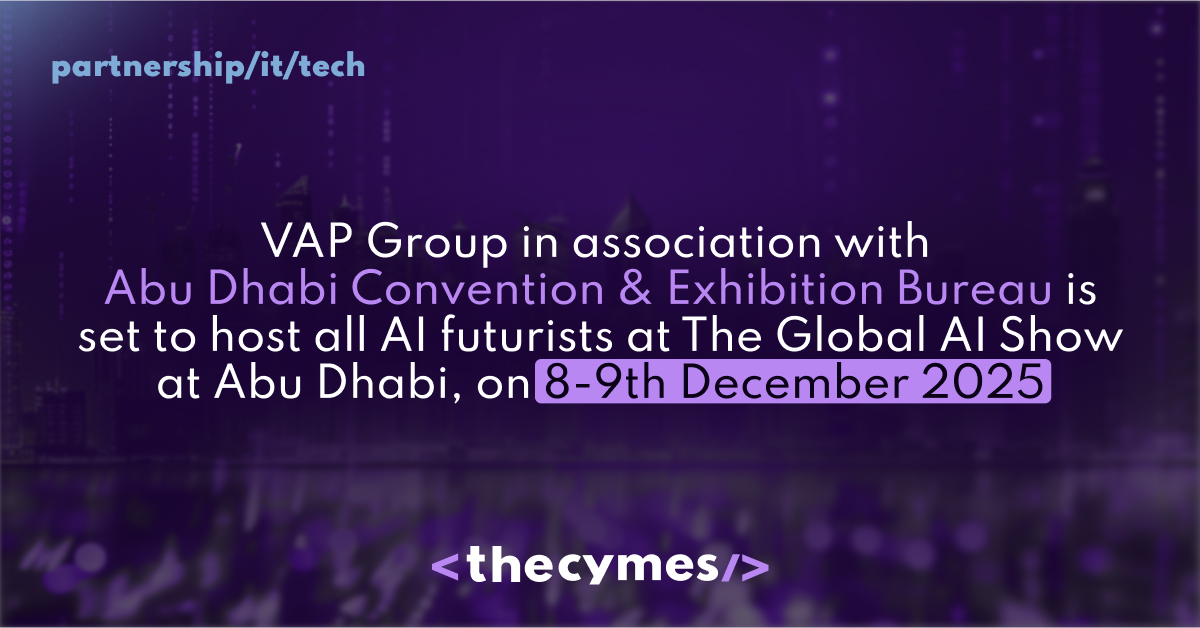.health14 October 08:54
0<
Smart Recovery: How Artificial Intelligence Scales Wisdom in a Post-"Just Do It" World
/>From Burnout to Healing: Why the New Generation Seeks Meaning, and How AI Is the Infrastructure for More Resilient Businesses and Communities. be updated on the latest tech newsGet exclusive news updates and overview on tech market




